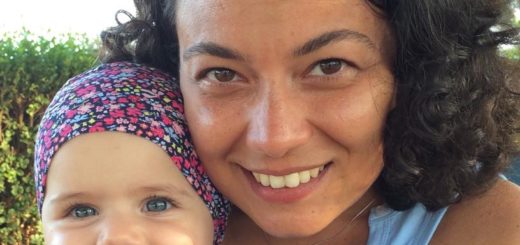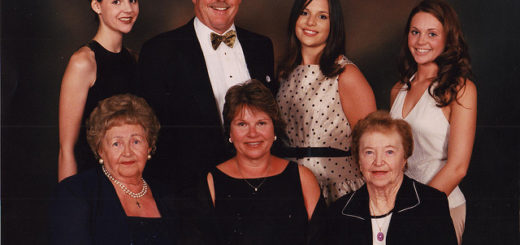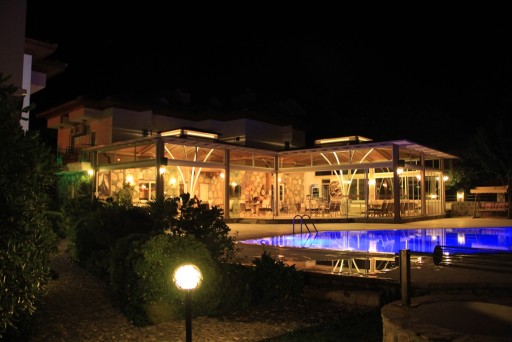Accepting The Death Of A Loved One
Even though death is a natural part of the circle of life the death of a loved one can be hard to accept. As the elderly around me pass away, sometimes it seems almost weekly, accepting the death of a loved one became the theme that resonated with me this week.

When you live life fully with the awareness of its impermanence accepting death becomes much easier.
Death Is Natural And We Need It
Even though the way we die may not always be natural death itself is very much so. As psychiatrist R. D. Laing said:
‘Life is a sexually transmitted disease and the mortality rate is one hundred percent.’
It is easier to accept that water needs a container in order to have a form. Somehow the knowledge that life form can only exist within the framework of death is less available to most of us. This lack of knowledge make it less easy to accept death of a loved one.
Moreover knowledge is not the same as the experience. We need to experience the death of a loved one and come to terms with the shortness and impermanence of life. That makes it more likely that we live a full and meaningful life.
Healing The Death Of A Loved One
In order to heal from your loss accepting the support from others is not only helpful but is a necessity. Francis Weller is a psychotherapist who is specialised on grief. He says that through most of human history grief has been communal. Our ancestors knew it is not good to carry grief in the body for a long time. He finds that in western cultures nowadays we are expected to get on with life and over with grief as a solitary burden. All to often we numb ourselves with work. However what we need is the kind and compassionate touch of a community. Years can pass carrying our grief without finding the right communal conditions.
Here are some pointers to help you grow through your grief:
- Acknowledge the pain,because avoiding it only complicates and makes the process worse leading to health problems.
- Channel your emotions into writing, drawing, creating something related to the person you lost.
- Look after your physical and emotional needs. Sleep, eat well and exercise. Avoid using alcohol or drugs to numb the pain of grief.
- Stay in close contact with your center; follow your own intuition about your feelings. Laugh and cry without embarrassment or judgment.No one can tell you how to do it or can do it for you.
- Create rituals to honor the person you loved for the anniversaries and important life events that reawaken memories and feelings.
- Most importantly connect to others, do not grieve alone.
Inability to accept death of a loved one is a sign that we have been avoiding thinking about death. As a result you may well have made choices that negate life for various reasons. When you live life fully with the awareness of its impermanence accepting death becomes much easier. Acceptance comes with practice. You feel transformed. You will recognise it when your emotions are moderate and you won’t need to use any psychological defense mechanisms to cope with reality. You can focus on the present moment with the full range of your feelings. Your sense of bliss with life will show you that you have come a long way.
I write about the unresolved grief in another post. When grief gets too complicated there are repercussions for the individual as well as for the families. Any of the individual, couple and family therapies would be useful. Sometimes I gather a grief circle to support each other through our grief. Let me know if you are interested in joining in one of my live workshops.
Attribution-ShareAlike 2.0 Generic (CC BY-SA 2.0)image:http://underclassrising.net/




